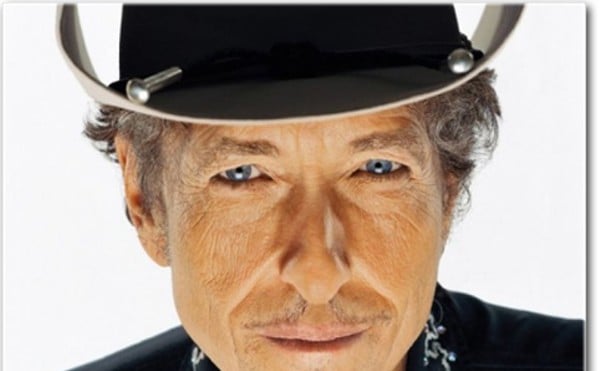First of all, she's cooler than you, her groveling, slavering audience, and she doesn't let you forget it. Live, she's sexy and sarcastic, a regal drunk, charming but faintly scary. You feel like an unlovely bumpkin as she languidly informs you that the Arch is actually the "Gateway to the South." You start to think maybe she's right. Then she mocks you because she thinks you haven't heard of the Handsome Family. Even if you have, you still feel dumb. Maybe she's mean, but you don't care; you love her anyway because she sings so beautifully, so carelessly; she waves her arms over her head in extravagantly goofy choreographed gestures, like some demented Supreme. Her voice is one big gorgeous fuck-you, and it thrills as it chastens.
Her vocal powers reside in her personality, not in fancy technique or cornpone authenticity. She doesn't have the startling coloratura of a Dolly Parton or the majestic resonance of a Patsy Cline. She hits the notes, all right, but they fall comfortably within her middle range. She calls herself a cowboy but never tries to disguise her broad Yorkshire accent. And, despite or because of these apparent handicaps, she's made a perversely brilliant country & western album. It's not just that Timms picks the best songs to sing, from the best songwriters around: The Handsome Family, fellow Mekon Jon Langford, the sometimes-ridiculous, sometimes-sublime Robbie Fulks and the ubiquitous Jeff Tweedy all wrote new material specifically for this CD. (Her claim that she frightened them into participation is convincing.) She chooses intelligently, sure, but it's something else entirely, something beyond brains and good taste, that matters when she performs these songs. Even those that weren't written for her (Johnny Cash's "Cry, Cry, Cry," for example) sound as if they had no reason to exist before passing through her silver throat.
In fact, every track is so consistently wonderful, so perfectly of a piece, that it's hard to pick favorites. In "Dreaming Cowboy," she's tender and ardent, as Andrew Bird's sly violin and Jon Rauhouse's pedal-steel and Hawaiian guitars paint a lurid Old West landscape on black velvet. "The Sad Milkman," a heartbreaking waltz courtesy of the Handsome Family, is another gem, graced by Rennie Sparks' characteristically strange and beautiful lyrics: "But the moon she rises, and the moon she falls/And her slow white eye sees nothing at all." Fulks' "In Bristol Town One Bright Day" has the moody grandeur of an ancient English ballad, and Timms confers on it a crystalline eloquence. "Sweetheart Waltz," by Timms and Langford, sets Timms' ethereal harmonies against the simple rhythms of Rauhouse's mandolin; as she repeats the poignant two-word chorus, "I believe," with such hopeless longing, you believe, too -- even if she lies, acts like she doesn't believe in anything, even if she laughs at you later, you believe.





